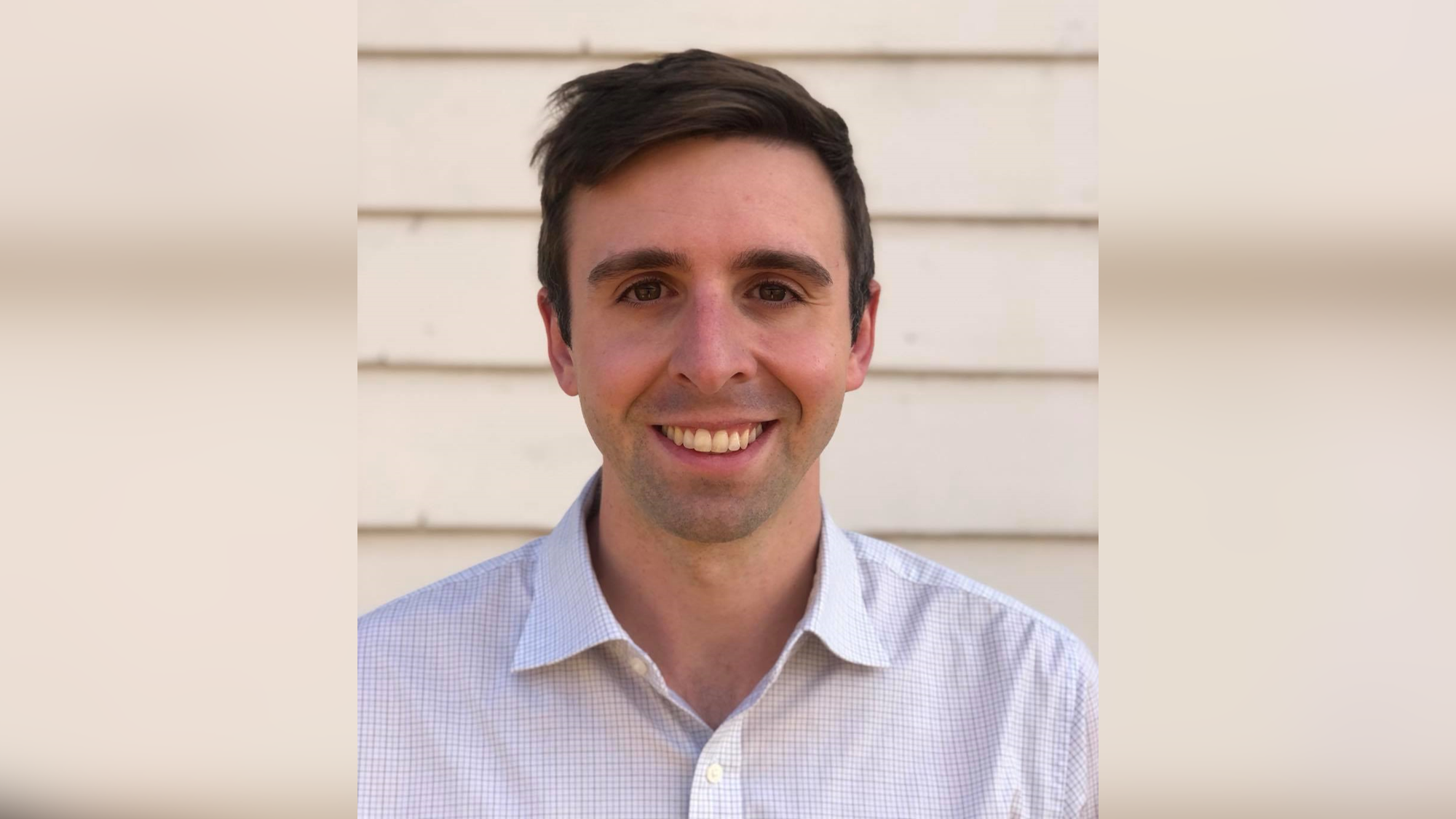"I’ve found all the coursework fascinating. It’s been so interesting to break down communication to its smallest theoretical and anatomical/physiological parts and then see how it all works together. It’s also interesting to see what happens when something goes awry with communication due to a brain injury or developmental disorder."

I’ve always been interested in speech, language, and social communication. At first, this interest led me to a career as an English as a Second Language teacher. I spent a few years teaching in South Korea, and then moved to Melbourne, where I worked at a school for adults for several years. But I found myself at a dead-end – the pay was underwhelming, the jobs were unstable, and nobody seemed to care much about the research in applied linguistics or education that should inform best practice.
Then, a few years ago, my stepdad had a stroke and started working with a speech pathologist. This inspired me to think about speech pathology as a career. I wanted to help people like him, and I thought I would find it fulfilling to work in a 1:1 therapeutic context. I did some more research about what speech pathologists do and it seemed to align well with my interests. Finally, it seemed like a steady career that would allow me to have the kind of life I wanted.
I’ve found all the coursework fascinating. It’s been so interesting to break down communication to its smallest theoretical and anatomical/physiological parts and then see how it all works together. It’s also interesting to see what happens when something goes awry with communication due to a brain injury or developmental disorder. Over this course, I’ve learned more and more about how these communication disorders can affect someone’s life, and how to approach these problems holistically.
I’m currently on my third placement. My first placement was at the Royal Melbourne Hospital, where I worked with people who had head and neck cancer, general medical issues, or had experienced a traumatic accident. I mostly performed oral-motor and swallowing assessments. My clinical educator was fantastic! She threw me in the deep end at every opportunity. I learned so much and am glad I had such a hands-on novice placement.
My second placement was at a community health centre in Sunshine. I did speech, language, and fluency (stuttering) therapy for children 1-6 years old. I also helped run developmental toddler screening observations to determine if children had isolated speech and language issues, or whether they had developmental delays that required an onward referral. Once again, my clinical educators were great and gave me so many opportunities to practice, learn and grow as a clinician.
My current placement is at the University of Melbourne Adult Communication Clinic. I’ve been working with adults who have had brain injuries and, as a result, have speech and language disorders. I also have one younger client who struggles with reading and writing. It’s always fascinating to meet new clients and think about how the theory I’ve learned applies to their cases. I’m also happy to have a clinical educator who has given me so much independence and has allowed me to apply my clinical reasoning to cases.
During the pandemic, about 95% of our classes have been online. I don’t mind, because it gives you a bit more flexibility with your schedule, as you don’t have to travel in and out of the city to attend classes. Also, I think the traditional lecture format transitions well to an online mode. The professors have done a good job of arranging Zoom workshops for group discussions as well. What you do miss is opportunities to get to know your classmates well, and to have discussions with them about course material. We’ve managed to make friends, but it would have been great to see them more.
In the future, want to find a fulfilling, stimulating speech pathology job that allows me to help people achieve their communication goals and improve their quality of life. I want a job that that allows me to use my clinical reasoning – to constantly make connections between my clinical observations and my theoretical knowledge. It’d be great to find a position that relates to one of my special areas of interest like autism, social communication, literacy, childhood development, or acquired speech and language disorders. I would enjoy working with either children or adults. Throughout this course, we’ve been equipped with a broad range of theoretical knowledge, and a broad range of clinical experiences, so I would feel confident to jump into a lot of different areas. I’m currently applying to be a speech therapy assistant to gain some experience before graduation.
I think this would be a good course for you if you’re interested in communication or swallowing, you like working with people, and you like to look at things through a scientific lens. Speech pathology is all about evidence-based practice – we need studies with numbers that confirm hypotheses. It’s also a people-centred field, where we think deeply about the client and their life. If that appeals to you, and you don’t mind studying hard without breaks for a couple of years, then you would probably like this course. If you decide to study the Master of Speech Pathology, have no fear about your placement experiences! Jump in and put your hand up for every practical experience that you are offered.
It’s inspiring to see how resilient people with communication disorders and their families can be. People work so hard to persevere through tough times, and it is moving to see how people manage difficult circumstances.